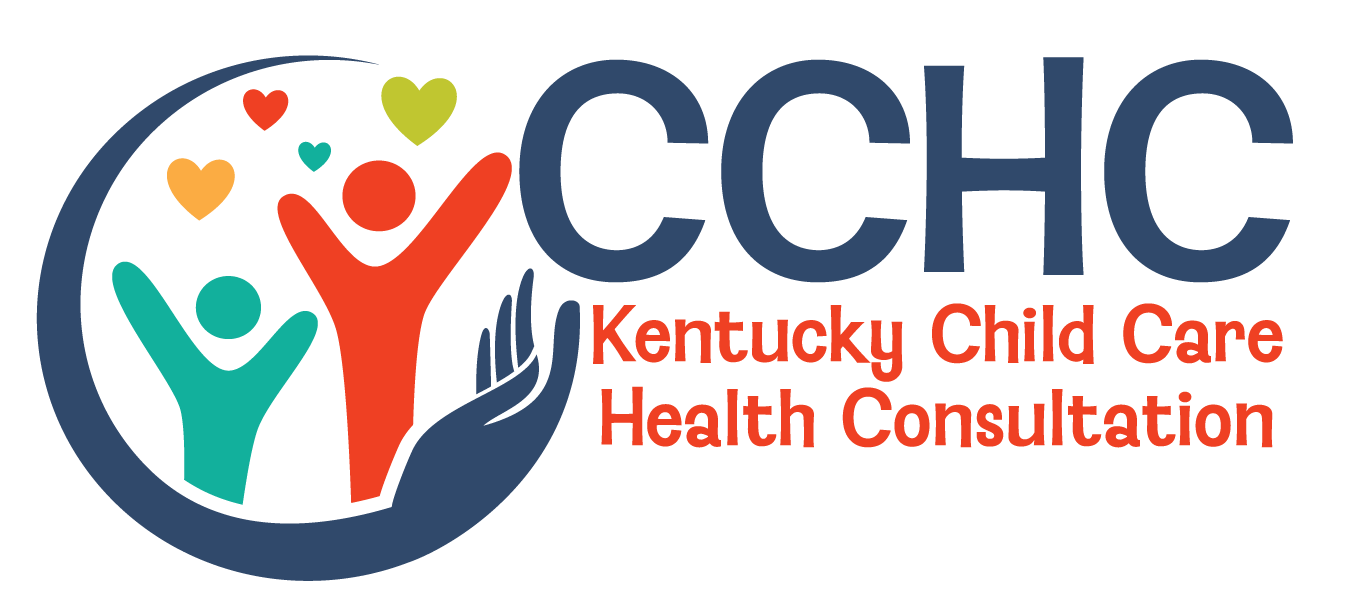“Video made possible by the generous support from the Foundation for a Healthy Kentucky, Kentucky Voices for Health, Division of Family Resource and Youth Services Centers and Kentucky Department for Public Health”
ABOUT PARENT CAFÉS:
Parent Café is a program under the Kentucky Strengthening Families Initiative that promotes a changed relationship with parents/caregivers through discussions around Protective Factors and how they relate to families. This is an opportunity for parents/caregivers to learn from each other in a fun and supportive atmosphere. In the Parent Café model, a parent is defined as any adult providing care for a child. The conversation decks used during a Parent Café to guide conversations were created by parents and incorporate parent-friendly language to help connect the Protective Factors with lived experience.
The Parent Café model was designed by an organization called Be Strong Families and utilizes the national Strengthening Families Framework coordinated by the Center for the Study of Social Policy (CSSP). The Strengthening Families Framework encompasses five Protective Factors, which are: (1) Parental Resilience, (2) Knowledge of Child and Adolescent Development, (3) Social Connections, (4) Cognitive and Social-Emotional Competence and (5) Concrete Supports in Times of Need. In addition to the national Strengthening Families Framework, Kentucky adopted a (6) sixth Protective Factor, Nurturing and Attachment to highlight the importance of how positive experiences in young children's lives impact brain development.
The Parent Café aims to create a safe, welcoming and inviting environment for caregivers. The purpose is for each caregiver to build connections through conversations and develop relationships. Parent Cafés are designed around resiliency, incorporating the six Protective Factors and adhering to a strength-based philosophy. This is an opportunity for caregivers to listen and learn from each other in a supportive atmosphere. Caregivers who have positive experiences shaping the programs that serve their children can then be engaged in helping design systems and policies that work for children and families.
This is why Parent Cafés are so valuable! It is an opportunity for caregivers to openly discuss the challenges of being a caregiver and learn new ideas to help strengthen their families.
Anticipated outcomes:
Grow stronger and become more resilient by identifying their strengths, needs and challenges.
Build relationships with others.
Learn about resources that will support their family.
Build Protective Factors in caregivers and families.
Parental Resilience:Parents bounce back in order to move forward
Managing stress and getting through it when faced with challenges, adversity and trauma.
Everyday Actions to Build Resiliency
Demonstrate in multiple ways that parents are valued.
Honor each parent’s race, language, culture, history and approach to learning.
Encourage parents to manage stress effectively and be a buffer to children during stressful times.
Support parents as decision-makers and help build decision-making and leadership skills.
Social Connections: Parents have friends they can count on
Having positive relationships that provide emotional, informational and spiritual support.
Everyday Actions to Build Resiliency
Help families value, build, sustain and use social connections.
Create an inclusive environment.
Facilitate mutual support around parenting and other issues.
Promote engagement in the community and participation in community activities.
Knowledge of Child Development: Parents learn how children grow and develop
Understanding child development and teaching strategies that advance physical, cognitive, language, social and emotional development.
Everyday Actions to Build Resiliency
Model developmentally appropriate interactions with children.
Provide opportunities to try out new parenting strategies.
Provide information and resources on child development.
Address parenting issues from a strength-based perspective.
Concrete Support in Times of Need: Parents get assistance to meet basic needs
Access to resources that address a parents’ basic needs and minimize stress caused by challenges.
Everyday Actions to Build Resiliency
Provide information on accessing resources.
Connect parents to services that they may benefit from in the community.
Help parents develop skills and tools they need to identify their needs and connect to supports.
Help parents learn the importance of advocating for themselves and their family’s needs.
Cognitive and Social-Emotional Competence of Children: Parents teach children how to have healthy relationships
Parent and child interactions that help children develop the ability to recognize, communicate and regulate their emotions.
Everyday Actions to Build Resiliency
Help parents foster a child’s social-emotional development.
Model nurturing support to children and respond proactively when social or emotional development seems to need support.
Include children’s social and emotional development activities in programming.
Help children develop a positive cultural identify and interact in a diverse society.
Nurturing and Attachment: Parents ensure children feel loved and safe
A child’s early experience of being nurtured and developing a bond with a caring adult.
Everyday Actions to Build Resiliency
Make sure to show children that they are loved and feel important.
Reassure children when they feel scared.
Provide a safe environment for children.
Recognize and validate the feelings that children may experience.









